Teaching Institutions
The Association for Pathology Informatics gratefully acknowledges the financial support given by our Institutional Sponsors.
Platinum Teaching Institutions
|

|
Brigham and Women’s Hospital and Massachusetts General Hospital are teaching affiliates of Harvard Medical School with a rich tradition of health information technology innovation, including leading the development and evaluation of computerized physician order entry, clinical decision support, digital workflows, and electronic medication administration and reconciliation. Fellows will have the opportunity to engage in information systems and clinical informatics efforts across the Mass General Brigham system.
The Pathology Informatics Fellowship program began in 2008, originating in the Department of Pathology at Massachusetts General Hospital under John Gilbertson, MD and was accredited by the ACGME as a Clinical Informatics Fellowship program in 2015. The Clinical Informatics and Innovation Fellowship program was created in 2015 by Adam Landman, MD, MS, MIS, MHS at Brigham and Women’s Hospital. The two programs merged in 2020-2021 to create the combined MGH/BWH Clinical Informatics Fellowship. In total, the program now has over 25 fellows who have gone on to become successful leaders in their respective fields.
|
Expanded Teaching Institutions
 |
As an investigative discipline, pathology researchers identify the origins of disease and contribute to strategies for its treatment. As a medical discipline, pathologists engage in patient care as consultants and innovators for biochemical, molecular, and cell biology tests that guide diagnostic and treatment choices. Through these roles, the Department of Pathology and Laboratory Medicine at UCLA assists doctors and patients in making optimal decisions based on the latest diagnostic studies, using state-of-the-art instrumentation. Each month, approximately 50,000 clinical tests, and 1,500 biopsy and cytology cases, are analyzed to guide the care of patients in UCLA Health System, and through our referral network regionally and nationally.
|
 |
Geisinger research pursues an ambitious agenda with the long-term goal of directly impacting the health of our patients, our community and health care as a whole. A unique aspect of Geisinger research is that, unlike traditional academic approaches, scientists are integrally connected to the clinical enterprise. This facilitates interdisciplinary team-based collaborations to address clinically relevant questions.
|
 |
Memorial Sloan Kettering Cancer Center (MSK) - the world's oldest and largest private NCI-designated Comprehensive Cancer Center - has devoted more than 130 years to exceptional patient care, innovative research, and outstanding educational programs. The MSK Department of Pathology and Laboratory Medicine, supported by 130 faculty, 40 clinical fellows and over a thousand allied health staff is one of the largest departments in the world dedicated to diagnosis and management of cancer.
The close collaboration between our pathologists, physicians and scientists is one of our unique strengths, enabling us to provide patients with the best pathology and Laboratory Medicine Services and clinical care available as we work to discover more-effective strategies to prevent, diagnose, control, monitor and ultimately cure cancer in the future. Our education programs train future pathologists and scientists, and the knowledge and experience they gain at Memorial Sloan Kettering has an impact on cancer treatment and biomedical research around the world.
|
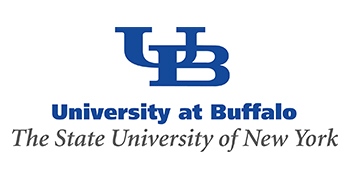 |
Our mission is to advance health and wellness across the life span for the people of New York and the world through the education of tomorrow's leaders in health care and biomedical sciences, innovative research and outstanding clinical care.
|
 |
A regional resource for clinical laboratory services required for innovative patient care, research and educational programs, we combine the sophisticated testing and informatics capabilities of fully accredited laboratories with the resources of an academic institution in its delivery of clinical and anatomical pathology services. Recognized for excellence in clinical training, world-class research initiatives, and a commitment to community service, we serve the five-state WWAMI region: WA, WY, AK, MT, and ID.
|
 |
As Army, Navy, Air Force and Uniformed Services University healthcare systems join together we continue to combine and respect our diversities and unique individual histories while reaping the benefits of a strong, united and energetic entity. Walter Reed National Military Medical Center, Bethesda is today a single entity committed to a mission that we are honor-bound to pursue; that of providing world class healthcare to our nation's fighting forces, retirees, and their family members.
|
|
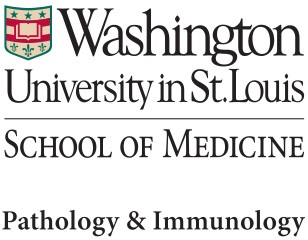
|
Since its inception in 1910, the Department of Pathology & Immunology has had combined excellence in research, training, and clinical service. Our conviction that basic science research leads to exceptional training and high-quality clinical service has made our department a vital bridge between the basic sciences and other clinical disciplines at Washington University. We are a vital and ever-evolving group of scholars dedicated to human pathobiology and the care of those afflicted with disease.
|
Basic Teaching Institutions
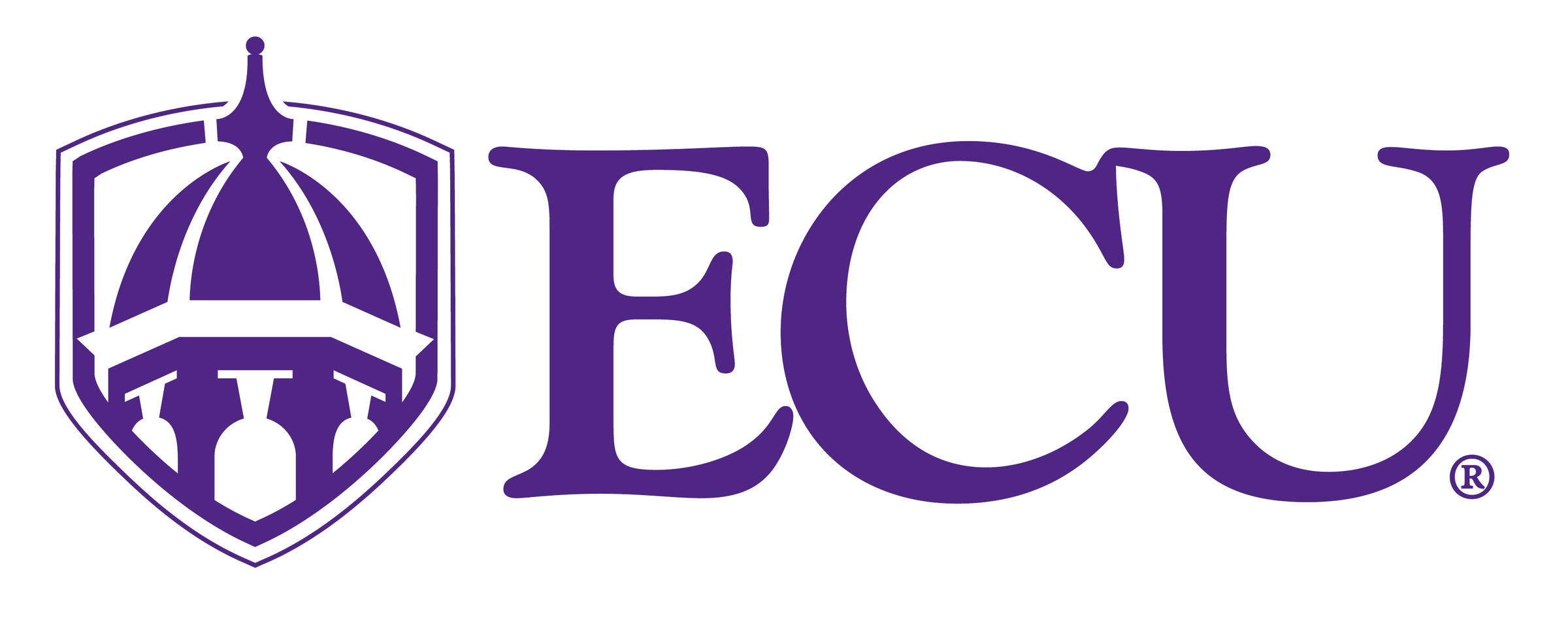 |
The mission of the East Carolina University Department of Pathology & Laboratory Medicine, in conjunction with Vidant Medical Center, is to improve the health and well being of the citizens of eastern North Carolina and beyond by (1) delivering the highest quality pathology services, (2) providing exemplary education for medical students, residents, and other health care professionals, and (3) creating new knowledge through research.
|
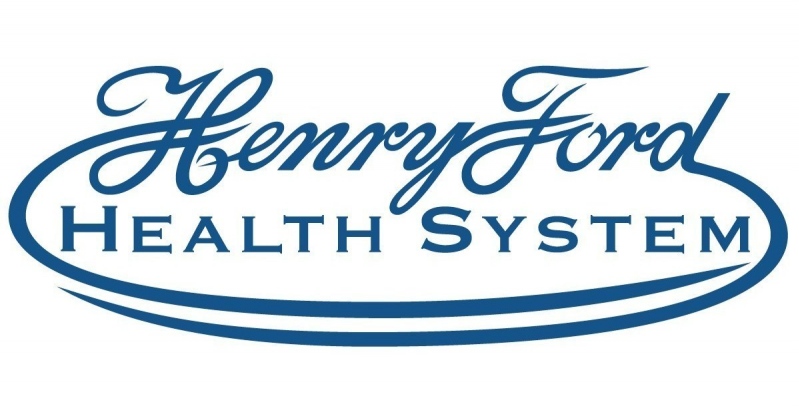 |
Our Department’s main mission of clinical patient care is supported by 46 senior staff pathologists and clinical scientists who are members of the Henry Ford Medical Group. They are complemented by 710 technical staff who manage over 11 million clinical laboratory tests and over 150,000 anatomic pathology specimen examinations. Clinical volumes are enhanced by a robust Outreach service – the Henry Ford Medical Laboratories that serve local and international clients.
|
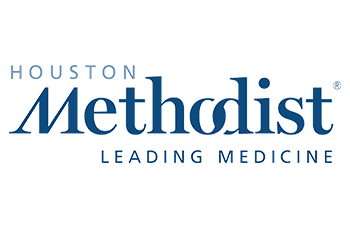 |
The mission of the Department of Pathology and Genomic Medicine is to provide high quality, cost-effective patient care in an environment that fosters the advancement of medical knowledge. We provide outstanding diagnostic and therapeutic services and information, develop new approaches to the diagnosis and treatment of disease, and educate physicians, scientists, and technologists using state-of-the-art advanced equipment. The faculty in the Department of Pathology and Genomic Medicine are internationally renowned with expertise in major subspecialty areas of both anatomic pathology and clinical pathology.
|
|
|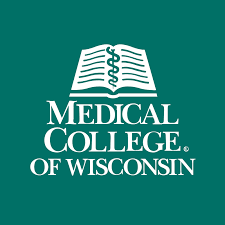
|
We are dedicated to delivering state-of-the-art, subspecialty laboratory diagnostics to our patients; providing comprehensive and practical pathology training; building a strong foundation for our medical students; advancing medical knowledge regarding the understanding, diagnosis, and treatment of human disease; serving our community; and developing leaders.
|
 |
Stony Brook Medicine fosters an environment of collaboration and interaction between students and researchers, among scientific disciplines and across the theoretical, scientific and clinical disciplines. The focus is on a diverse range of study subjects — from clinical training to infectious disease to molecular medicine in numerous disciplines. The result is a cross-fertilization of ideas and approaches designed to produce breakthrough drugs, lifesaving diagnostics and treatment, and a valuable learning laboratory, as well as masters and doctorate degrees, for tomorrow's science and research leaders.
|
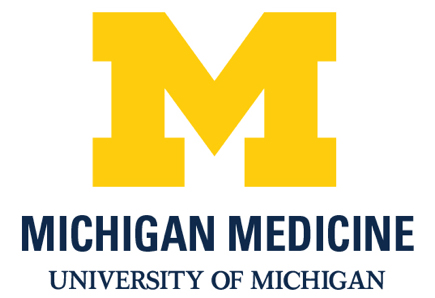
|
The goals of the Department of Pathology are inseparable from the goals of the Health System: leadership in education, research, and service. In addition, by virtue of its position, the Department is dedicated to serve in a unifying role within the university medical community. Education. Research. Service. Unifying role.
|
 |
The University of Chicago Medicine, with a history dating to 1927, is a not-for-profit academic medical health system based on the campus of the University of Chicago in Hyde Park, and with hospitals, outpatient clinics and physician practices throughout Chicago and its suburbs. UChicago Medicine unites five organizations to fulfill its tripartite mission of medical education, research and patient care: Pritzker School of Medicine, Biological Sciences Division, Medical Center, Community Health and Hospital Division, and UChicago Medicine Physicians.
|
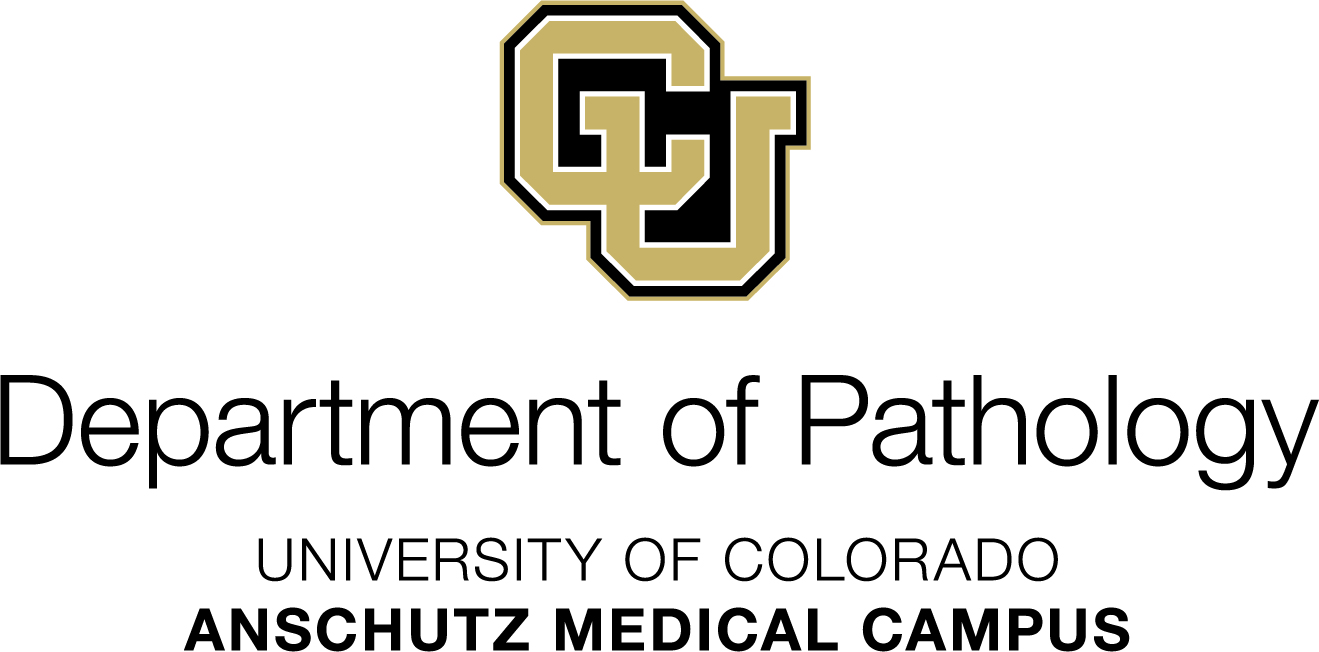 |
The Department of Pathology is a "hybrid" basic science and clinical department based at the Anschutz Medical Campus in Aurora, a northeastern suburb of Denver, Colorado. The Department seeks to establish more active partnerships within the community, our region, and our profession as we grow to provide value-based medicine, focused on the origins of human disease.
|
 |
The Department is dedicated to training the next generation of practicing and experimental pathologists. To capitalize on the unique position of the Pathology Department's relationships with clinical and basic research departments, our research effort has a strong translational focus, and is home to federally funded investigator-initiated clinical trials – a true manifestation of a bench to bedside approach of medical investigations. The major theme of our Research Section is a unique fusion of molecular epidemiology and pathology. A novel Section of Transdisciplinary Pathology helps integrate research throughout the College of Medicine and the other Health Science Colleges. The Department hosts Core Laboratories in advanced tissue imaging techniques and research histology including immunohistochemistry, in-situ hybridization, tissue microarrays and laser capture micro-dissection. Together with Cancer Center, we house a Tissue Biorepository and will be developing shared virtual tissue banks with other academic centers.
|
| |
|
 |
The Department of Pathology and Laboratory Medicine, one of the largest departments in the School of Medicine at Penn, is considered both a basic science as well as clinical department and its 100+ faculty members are integrated into both areas. Clinically oriented faculty members have their primary base at four institutions: Hospital of the University of Pennsylvania (HUP), Presbyterian Medical Center (PMC), Pennsylvania Hospital (PAH) and Children's Hospital of Philadelphia (CHOP). Research faculty are located on the University of Pennsylvania School of Medicine campus.
|
 |
The Department of Pathology at the University of Pittsburgh School of Medicine exemplifies the field's complex nature and incorporates Pathology's dramatic new developments in molecular biology and diagnostic biotechnology. The broad array of laboratory tests necessary to support this technologically advanced environment are performed by multiple specialists in the Divisions of the Department of Pathology and the Laboratories of the University of Pittsburgh Medical Center.
|
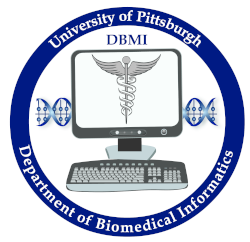 |
The University of Pittsburgh's Department of Biomedical Informatics (DBMI) brings together a diverse group of faculty committed to improving biomedical research and clinical care via innovative approaches in machine learning, clinical informatics and translational bioinformatics. Currently funded projects explore areas such as electronic health record data sharing, genomic and image data mining, natural language processing, human computer interaction studies and real world application of population health informatics. We have a NLM training program in Biomedical Informatics and a rich STEM pipeline to bring diversity to the informatics community.
|
 |
The Department of Pathology at Yale, one of the first departments organized at Yale School of Medicine, is dedicated to continuing its long and distinguished tradition of world-renowned clinical care, cutting-edge scientific research, and rigorous training of the next generation of pathologists to be leaders in their field. With robust research investigations, teaching programs and exceptional clinical patient care, we are able to bring new knowledge and innovative therapeutic approaches to our patients and to medicine. Our dedication to excellence in both the clinical and the academic arenas is paramount to our mission as a Department and to our goal of advancing patient care through expert diagnostics and novel therapeutics.
|
|